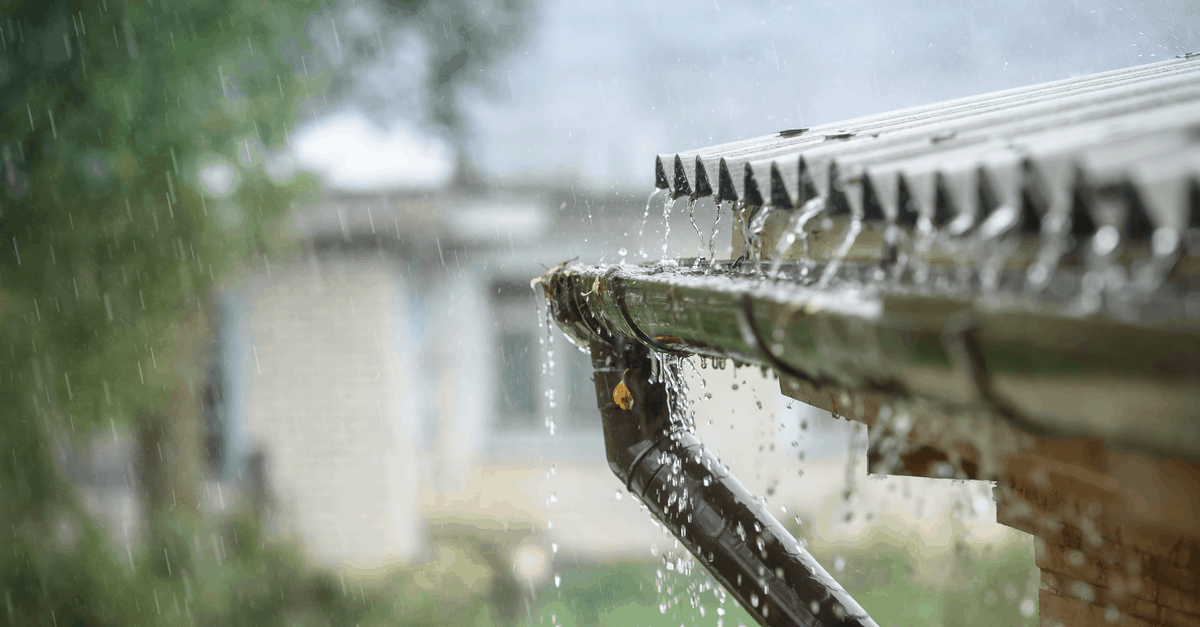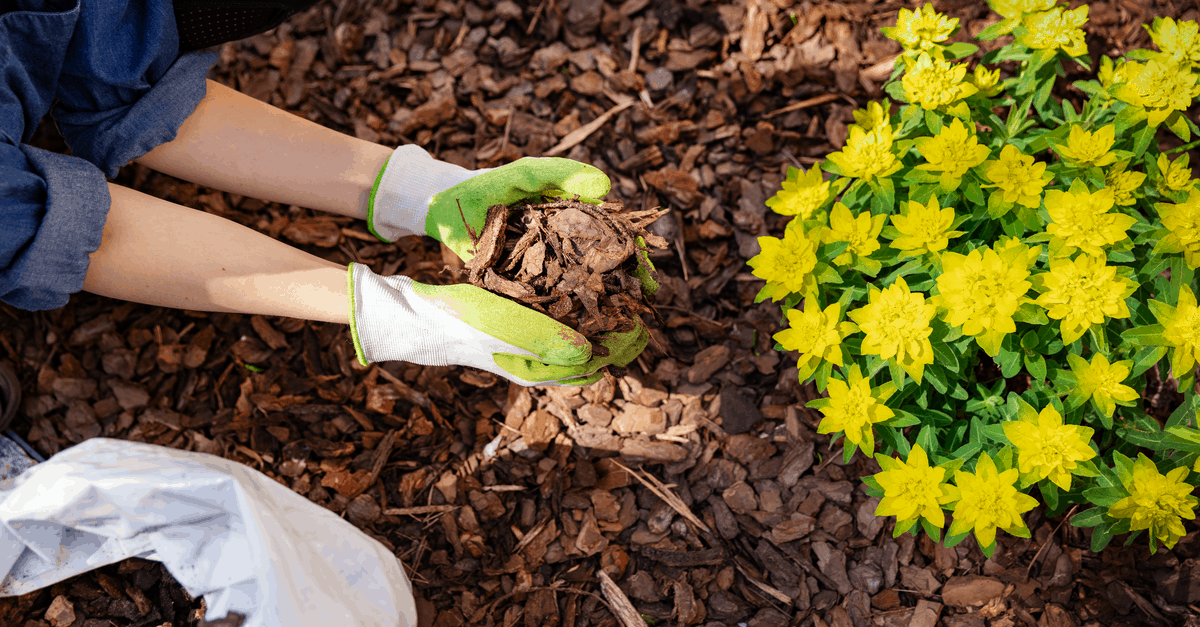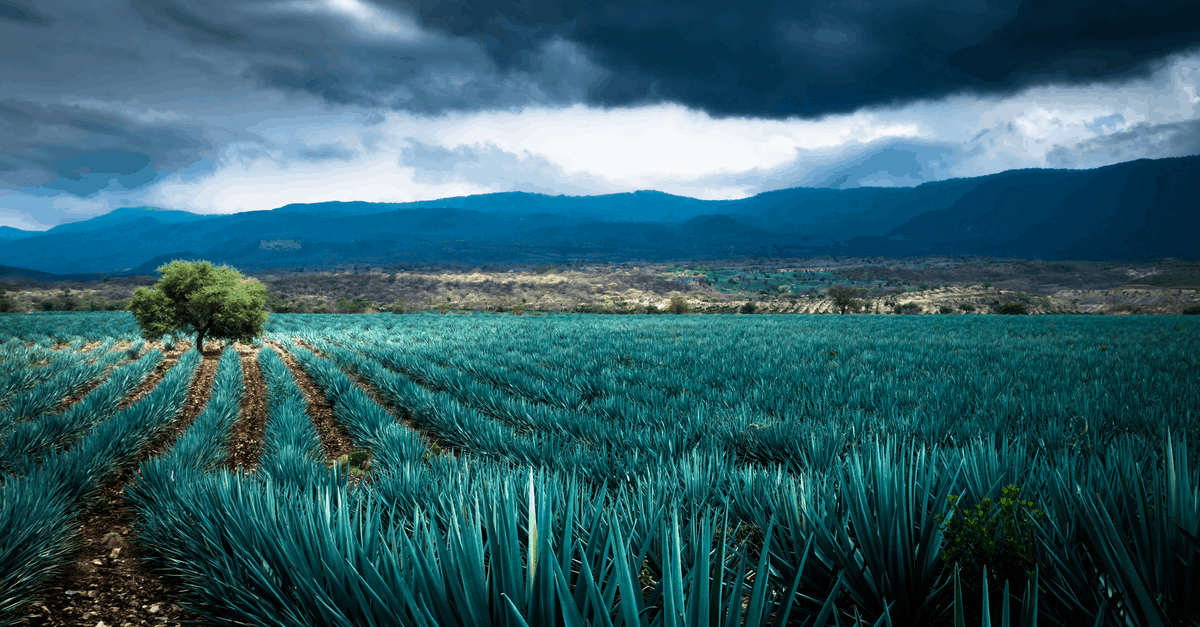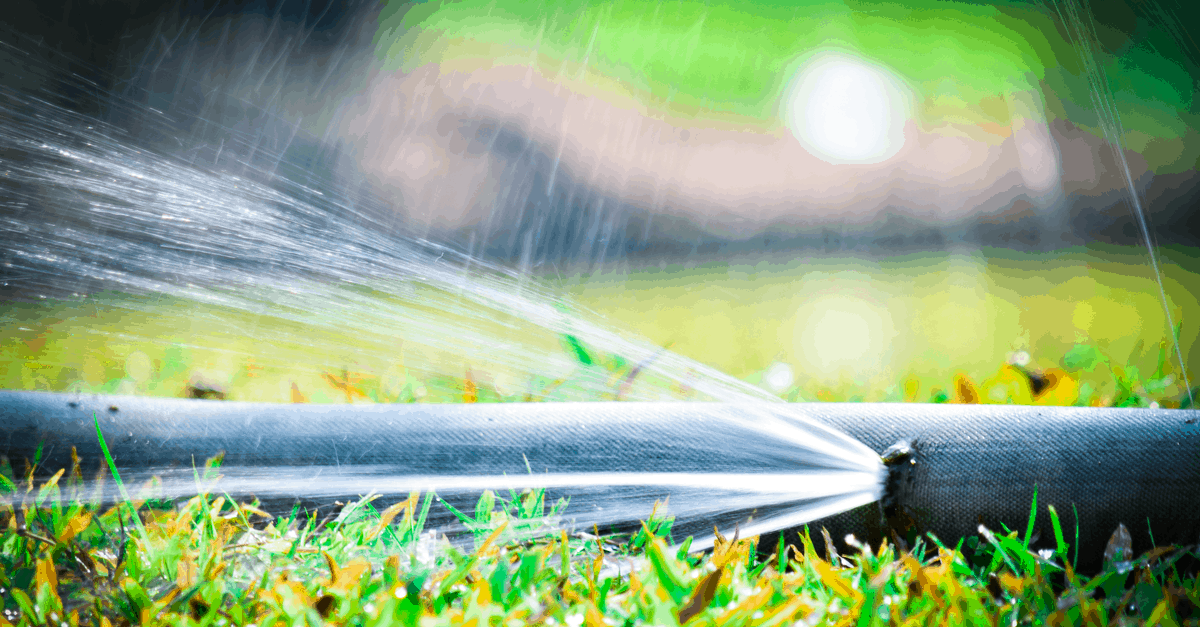Water may not be as highly valued as gold or diamonds, but it’s still a vital resource that needs to be conserved. This is especially so during summer where the tendency is to splurge on water, not only to cool down but to keep plants thriving and gardens flourishing. However, there are smart ways to conserve water while still meeting your landscape’s irrigation needs and reducing your water bill and carbon footprint. Check out the top ten water-saving tips for your garden below.
Harvest and Reuse Water

Installing rain barrels or water harvesting systems can be an inexpensive and green way to save water. Rainwater is also good for your plants and water because it doesn’t contain salts and chemicals typically found in tap or groundwater.
Another great way to save water in your garden is to recycle gray water. For instance, save your cooking water after you steam or boil your vegetables - your plants will appreciate the extra dose of nutrients! You can also collect water from your shower, washing machine, or AC condenser.
However, avoid pouring hot water or water that contains bleach, fabric softener, or soaps made using borax and sodium. You should also note that some states regulate the use of gray water, and there are concerns about using it on edible plants. Therefore, you may have to restrict gray water reuse to only your lawn and ornamental plants.
Maximize on Mulch

There’s nothing like a thick layer of mulch to reduce water evaporation when the summer heat starts cranking up. Whether you water in the morning or evening, your soil can still lose up to 70% of water over the course of a hot day. Organic mulches such as lawn clippings, wood chips, and shredded bark not only provide a protective layer against evaporation they also supply the soil with essential nutrients while suppressing weeds that otherwise compete for precious water.
Opt for Drought-Tolerant Plants

The type of plants that take up root in your garden can make a world of difference to your water use. Some plants, like Elephant Ear and ferns, are well-known water guzzlers. On the other hand, you’ll barely need to water plants like mescal agave, aloe, yarrow, and sage. Generally, these plants have features that reduce transpiration. For instance, they may have small or narrow leaves, which reduces the surface area available for water evaporation. Others are succulents that store water in leaves, stems, or roots to help them cope when the summer heat rolls around.
Check and Fix Leaks

Outdoor water leaks may not seem like much, but all those drops add up in the long run. Therefore, it’s important to perform routine inspections for leaks and make repairs where necessary. You’ll be surprised at how many things can leak, from drippy faucets and malfunctioning spigots to faulty hose connections and loose valves. Solving all these issues ensures there’s more water for your garden and less waste.
Water in the Morning or Evening
This is classic yet still solid water-saving advice. That’s because anytime between these hours is peak time for water evaporation on hot summer days. Ideally, you want to give the water a chance to soak into the soil and hydrate your plants, so morning and evening it is. While at it, also avoid watering plants on windy days for the same reason. Additionally, when watering, keep the flow aimed at the root zone instead of splashing the leaves.
As you can see, there are many excellent water delivery tips you can use to trim your water use.
Keep an Eye on Your Sprinkler
Running a sprinkler can be convenient, but it’s all too easy to forget about it the moment you walk away. In that case, you’re better off setting a timer that reminds you to shut the water off. Also, when watering your lawn, check that the sprinkler is positioned strategically so it doesn’t end up watering areas that don’t need it - your driveway or walls, for instance.
Another way to keep your sprinkler system in water conservation mode is to perform routine maintenance. Have it checked at least twice a year to prevent flooding and inconsistent water pressures that may lead to a bigger water bill. Where possible, simply ditch the sprinkler and use a watering can to minimize water waste.
Upgrade your Irrigation Equipment
There are many inexpensive but handy devices you can purchase to help you conserve water in the garden. For starters, you can install an automatic rain-shutoff device. That means your irrigation system will automatically shut off to prevent overwatering when a certain amount of rain falls. In the same vein, there are weather-based irrigation controllers designed to lower your gardening water bill by almost half. Even something as simple as a timer, micro-sprinkler, or water-efficient emitter can contribute significantly to your water-saving efforts.
Mow your Grass Correctly
There’s a science to mowing grass if you’re trying to conserve water. The consensus is you shouldn’t cut your grass too short. Instead, keep it about two or more inches long. Yes, that may mean having to cut your grass often, but it’s not much of a downside if you like the exercise and the savings.
Long grass provides more shade for the soil, which prevents excessive evaporation. Additionally, when mowing, you might want to think twice about throwing away those grass clippings. You can either add them as mulch to your garden or leave them to fertilize your lawn or act as natural mulch for the lawn itself.
Reduce Runoff
Irrigating slopes can lead to plenty of runoff and water waste. Even when it rains, it’s easy for water to wash straight off without properly soaking into the soil. The best way to counter this is to plant around the edges so you can at least collect some of the water. Another great way to limit runoff is to create depressed areas or sunken garden beds that easily retain water.
Avoid Overwatering
It sounds like a no-brainer, but it has to be said. If you want to conserve water in your garden, the best way is simply not overwater. Plants don’t love water nearly as much as you may think. In fact, overwatering can kill your plants because of root rot and fungal and bacterial infection.
That being so, you might want to consult a landscape professional or plant expert to figure out the correct amount of water needed to keep your different plants thriving. You can also buy a moisture meter to test the moisture content of your soil so you know whether or not to water.
The Bottom Line
There you have it - some of the ten simple ways to reduce water use in your garden. Remember, your plants don’t have to suffer for you to be successful with these ideas. It’s all a win-win for you, your wallet, plants, and the environment!
